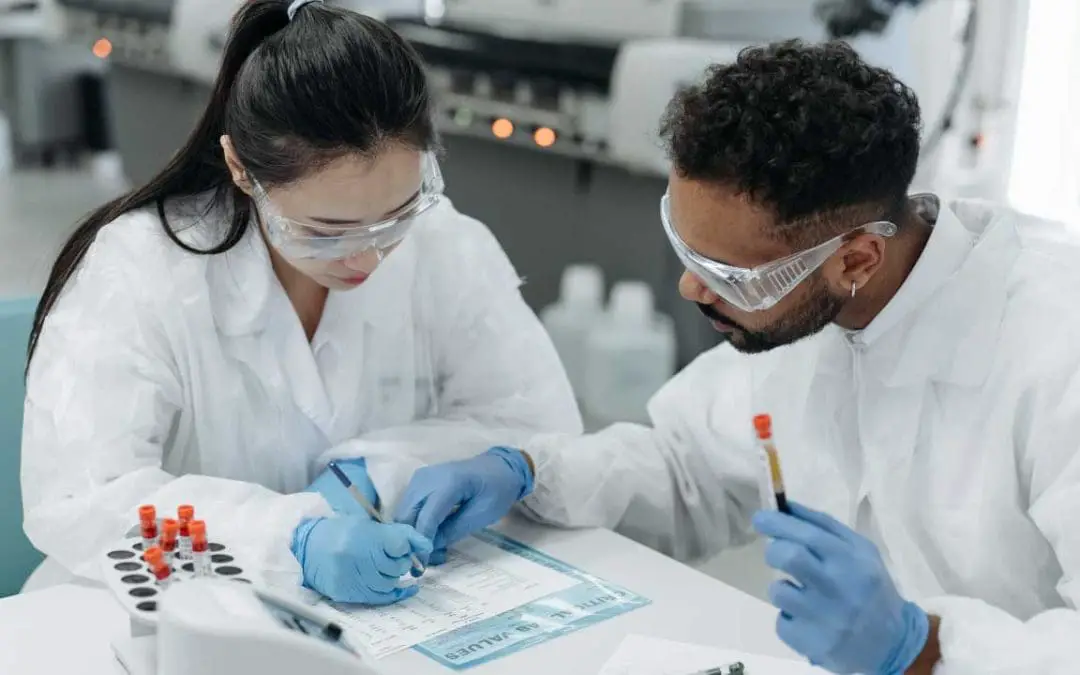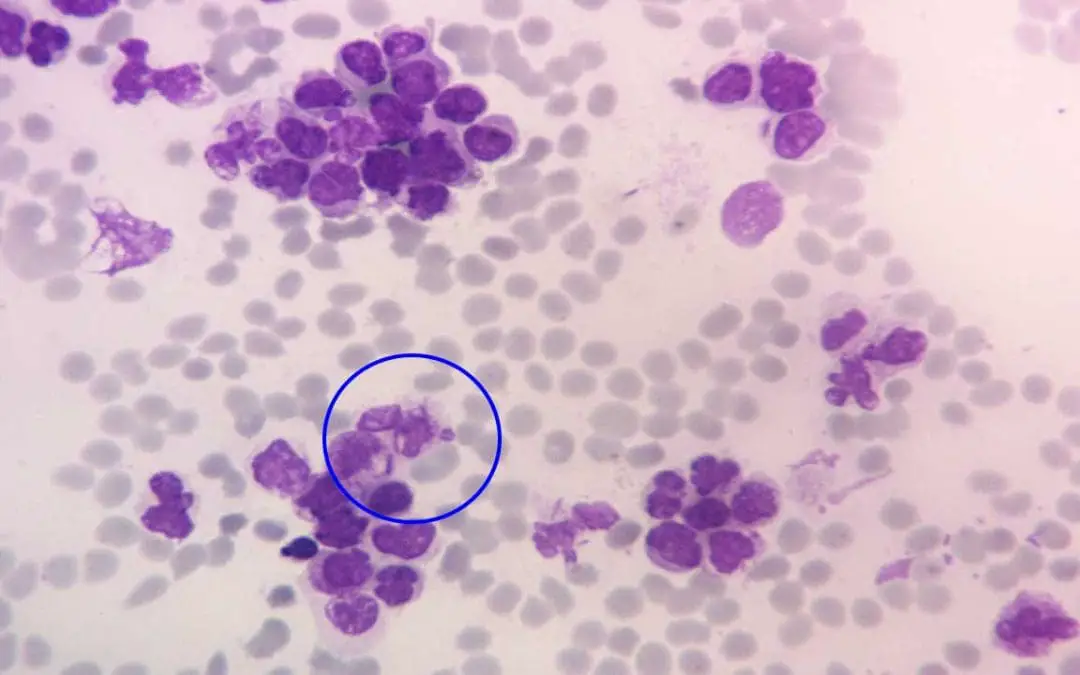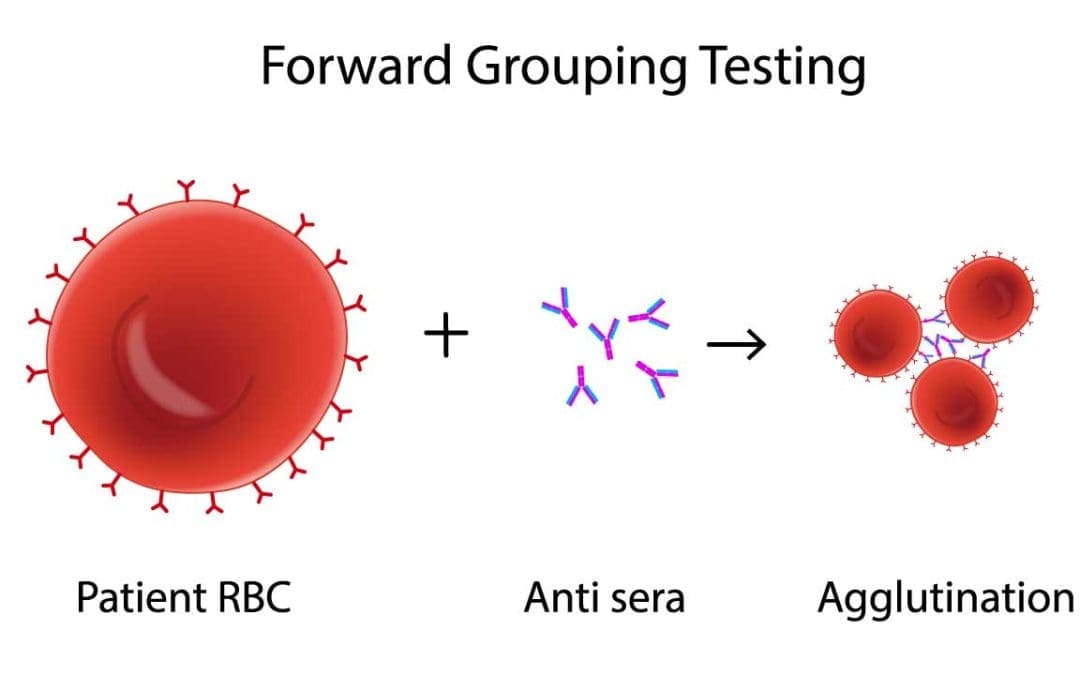
by MH Team | Dec 11, 2023 | Lab Protocols, Red Blood Cells
Procedure-at-a-Glance StepAction1. CollectionCollect 3mL EDTA blood for hemolysate preparation2. SeparationCentrifuge at 3000 rpm for 5 mins and discard the plasma later 3. WashingWash RBCs 3x with saline4. LysisAdd Lysis Agent5. ExtractionVortex6....

by MH Team | Dec 11, 2023 | Lab Protocols, Platelet Disorders
Procedure-at-a-Glance StepAction1. PreparationPrepare 1:1 mix of Patient Plasma (PP) and Pooled Normal Plasma (NP).2. Immediate MixRun APTT on NP, PP, and the 1:1 Mix immediately.3. IncubationIncubate the 1:1 Mix and NP at 37°C for 1–2 hours.4. Post-Incub....

by MH Team | Dec 5, 2023 | White Blood Cells
TL;DR Acute myeloid leukemia or AML for short is an aggressive, fast-growing cancer where the bone marrow produces “blasts” (immature myeloid cells) that can’t mature into functional blood cells. Predisposing factors ▾: DNA damaging agents...

by MH Team | Dec 1, 2023 | Lab Protocols, Transfusion Medicine
Procedure At A Glance The ABO RhD test (Blood group typing) tube method involves Forward Grouping (identifying antigens on red blood cells) and Reverse Grouping (identifying antibodies in plasma). Key Steps ▾ Prepare Red Cell Suspensions: Create a standardized...






Recent Comments